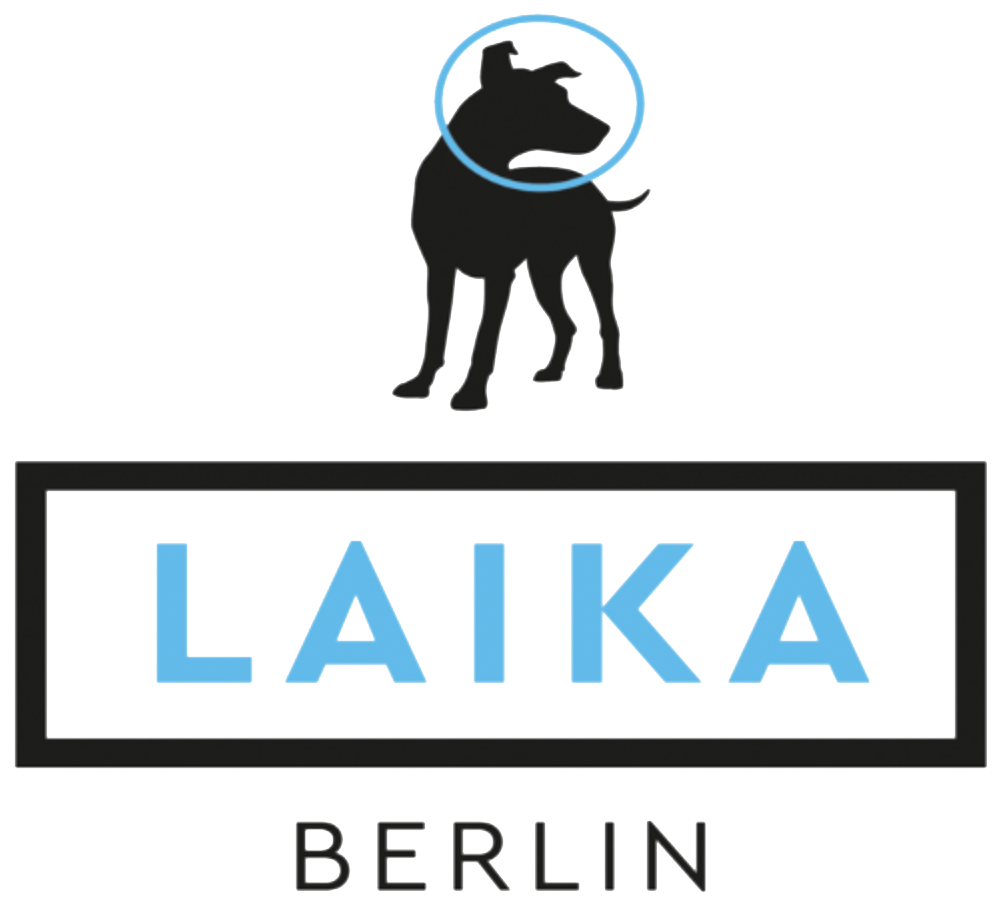The agency-client paradox: When less pressure creates better results
By Michaela Krause
It's counterintuitive, isn't it? Whether it’s in school, sports or business, we're conditioned to believe that pushing harder yields better results. Apply more pressure, get more output. Haggle pricing down, increase your ROI. Demand immediate results, and watch your agency scramble to deliver because you are the client and the client is king. But after two decades in communications, I've noticed these approaches consistently damage otherwise promising agency partnerships.
Just as spacecraft need precise calculations rather than brute force to reach orbit, agency relationships require finesse, not pressure. 🚀 The physics of successful collaboration often defy what feels like common business sense, creating what I call the Agency-Client Paradox. Let me explain.
The false economy of price haggling
We've all been there. Budget constraints have significantly tightened these past few months. More and more approval rounds are necessary to get a couple of thousands euros out, despite prospects posting profits counting in the hundreds of millions, procurement gets involved, dozens of agencies have to be consulted to make sure it will be the best bang for the bucks the prospect is willing to pay.
"Can you do it (and more) for less?" becomes the refrain of every negotiation. It feels like responsible stewardship of company resources, and in many purchasing scenarios, it would actually be the right thing to do. But agency services aren't commodities, and the math works differently.
Here's what typically happens when clients successfully haggle agency fees down:
Junior talent gets assigned where senior expertise was budgeted
Hours allocated to strategic thinking mysteriously disappear
Research phases get compressed or eliminated
Competitive monitoring and trend scouting is close to inexistent
The agency's emotional investment in the prospect’s success diminishes
Recently, we got in talks with a prospect that shared their PR journey with us. Dissatisfied with their initial agency of choice, they cancelled the contract after a few weeks, after conducting a request for proposal in which they'd negotiated a competitor's fees down by 30% for the exact same scope of work agreed upon with the first agency. Six months later, they came to us frustrated with the results they got. Upon review, it was clear that the agency had simply reduced the seniority of the team and cut corners on strategy, and we couldn’t really blame them. The client got what they wanted: they saved thousands of euros in PR. The one cost they didn’t account for was that their haggling would cost them six months of market momentum that likely cost them ten times that amount.
Like oxygen in a spacecraft, adequate resources aren't a luxury—they're essential for survival and yes - thriving growth. 🌎 The best agencies will walk away rather than deliver subpar work under unsustainable conditions. The ones who don't walk away? They'll find other ways to make the math work, and their clients probably won't like the results they brought upon themselves.
When pressure creates coal, not diamonds
As communication professionals, we are no stranger to pressure. We know what we signed up for, when entering this line of work. Deadlines for media pitches, piggy-backing on fast evolving stories in realtime, performance metrics for campaigns, client presentations where our ideas face scrutiny—these productive pressures sharpen our focus and drive quality work.
But there's a critical difference between productive pressure and the crushing kind that stifles creativity and results.
Timeline ("We need this campaign live in two days"), performance (“We want to generate at least 25 media placements") availability (URGENT, ACTION REQUIRED, week-end emails, even though this has significantly improved since COVID), process (“We need to approve each media on your media list for this sale media blast”) are already pretty common, and often lead to abuses. And as we just discussed, more and more often, budget pressure comes into play.
Each type of pressure on its own might be manageable. But when too many of them combine—like compound interest on stress—they create an environment where even the most talented teams falter.
The physics of agency work is similar to atmospheric pressure in space travel. Astronauts train for years to perform under the normal pressures of their mission—the high-stakes EVAs, the critical course corrections, the public scrutiny of their work. Adding unnecessary pressure to these already demanding conditions doesn't produce superior results; it creates the risk of catastrophic failure. 👩🚀
If deadlines, deliverables, and the judgment of our work are the oxygen we breathe, then budget pressure is often the excess carbon dioxide in the capsule—it doesn't help anyone perform better and past a certain point, it becomes toxic to the mission and slows down the return on investment for the client.
Building better agency-client relationships
By now, the pattern should be clear. In agency relationships, many intuitive client behaviors actually undermine the desired outcomes. So what's the alternative?
For better results:
Focus on value, not just cost: Ask "what will this help us achieve?" before asking "how can we do this cheaper?"
Apply productive pressure: Clear deadlines and high standards improve work; unrealistic timelines and constant urgency degrade it.
Respect the momentum curve: Plan for the full cycle of PR development rather than expecting immediate returns.
Build trust through transparency: The best clients share business challenges openly, allowing agencies to solve the real problems, not just execute tactics.
At Laika, our most successful client relationships span years, not months. These partnerships have weathered budget cycles, personnel changes, and market shifts because they're built on mutual respect for the process. The clients who understand these paradoxes inevitably get our best work, not by an active choice on our end, simply because they don’t force us to make a choice we don’t want to make.

